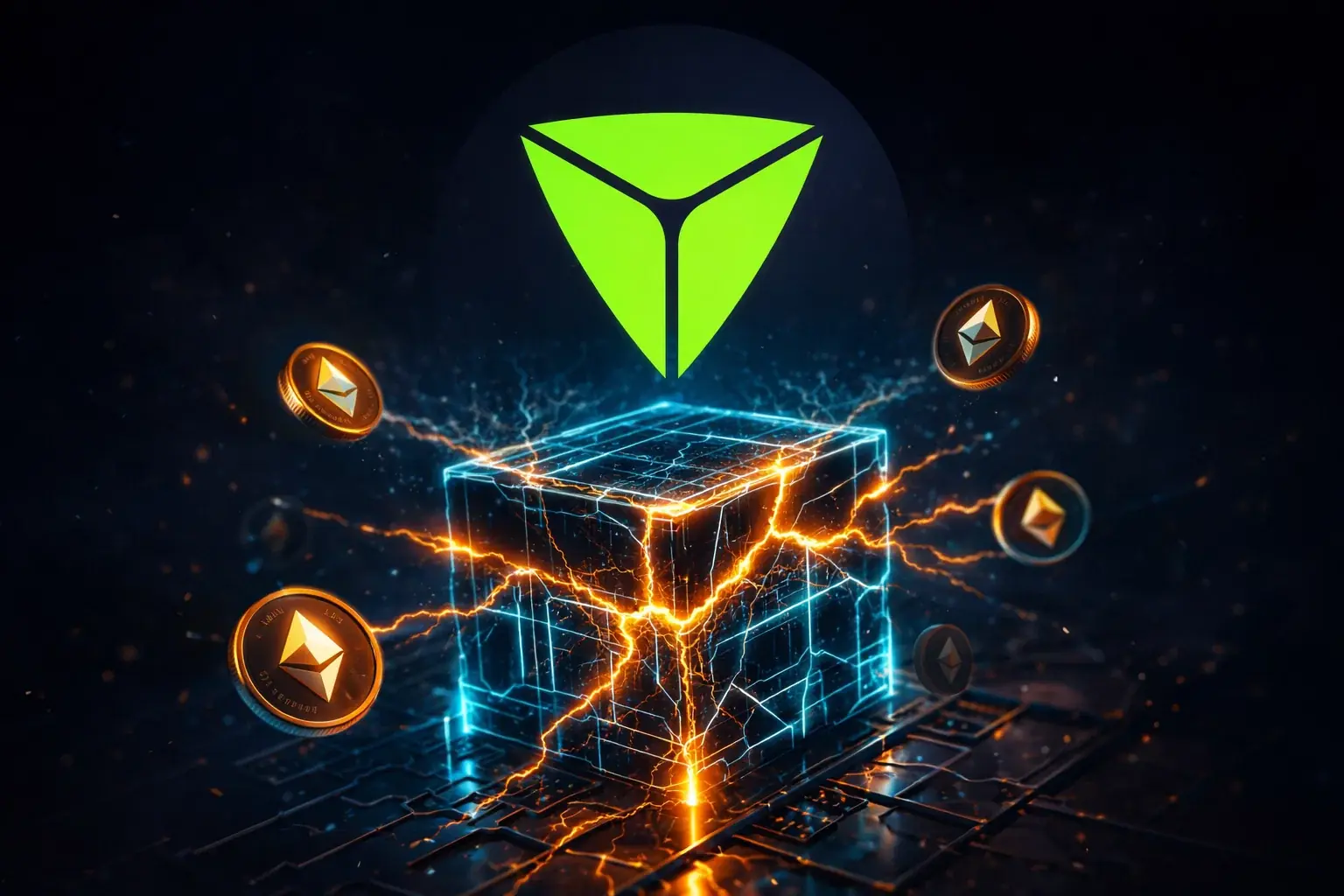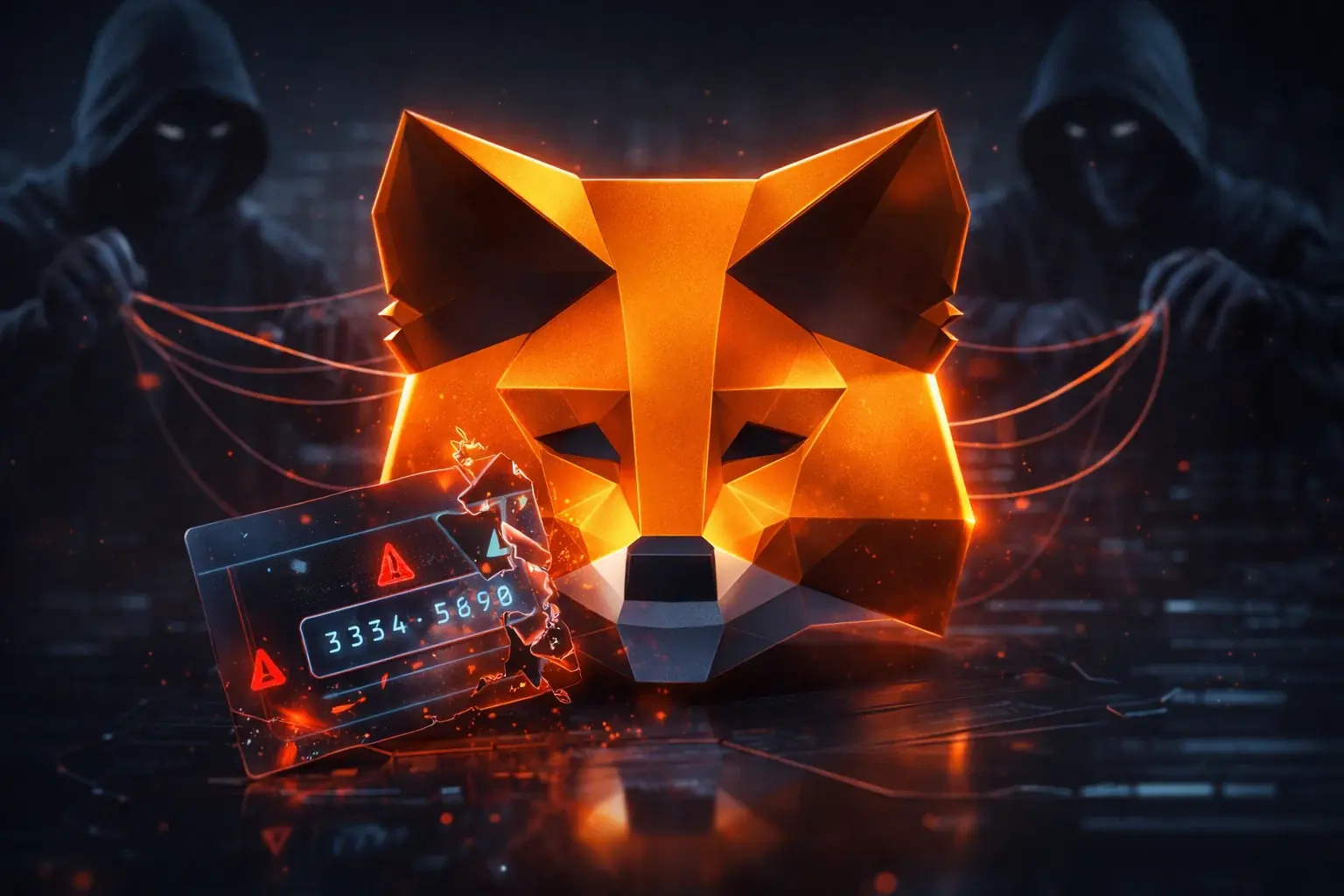Kazakhstan's financial crime agency has dealt a major blow to illicit finance, dismantling the RAKS cryptocurrency exchange on charges of laundering millions of dollars through darknet markets.
The authorities froze 67 wallets containing nearly 10 million USDT and linked the platform to an impressive flow of illicit transactions totalling $224 million.
The End of an Illicit Conduct
The action against RAKS is the latest development in a series of global efforts to shut down dark web cryptocurrency markets. Earlier this year, the Department of Justice (DOJ) and Europol had already collaborated to dismantle one of the largest Monero-based darknet markets. In addition, authorities, with the help of Binance, shut down one of the largest fentanyl markets on the dark web.
RAKS had been operating in secret for three years. Investigators report that the exchange collaborated with more than 200 'drug shops' and 20 of the largest darknet marketplaces.
Kazakhstan has just shut down the notorious cryptocurrency service Raks Exchange. This platform was a favourite of the criminal underworld, cooperating with 20 major darknet marketplaces with over 5 million users. Authorities claim it was 'financial monitoring' - others call it digital censorship, has declared Solix Trading on X.
🚫✴️🇰🇿 Kazakhstan just shut down the notorious crypto service Raks Exchange.
- Solix Trading (@Solix_Trade) September 29, 2025
This platform was a favourite in the criminal underworld, partnering with 20 major Darknet markets with over 5M users 😈. Authorities claim it's 'financial monitoring' - others call it digital...
Although the agency did not provide specific names, the context of the ecosystem points to well-known Russian-language platforms that emerged after the void left by Hydra in 2022, such as Mega, Blacksprut, Solaris, Kraken and OMG!OMG!.
Signs of an impending collapse had already emerged before law enforcement's intervention. RAKS' social media accounts had disappeared, customer support had ceased operations, and unpaid bonds had been reported on forums. Observers now regard these events as clear alarm bells of its demise.
Unlike regulated platforms, RAKS has never disclosed ownership, licences or audits, and no evidence of partnerships with legitimate companies has been found. Its only 'affiliations' would be with darknet marketplaces, which relied on the exchange for money laundering and liquidity.
The RAKS case highlights an old pattern: shadow crypto exchanges appear stable but act as conduits for illegal markets. Once discovered, they vanish into thin air, leaving users without access to funds and regulators trying to track flows.
The blocking of RAKS follows the broader trend of targeting illicit exchanges in Eurasia, which have exploited the demand for laundering channels that arose after Hydra's closure in 2022.








